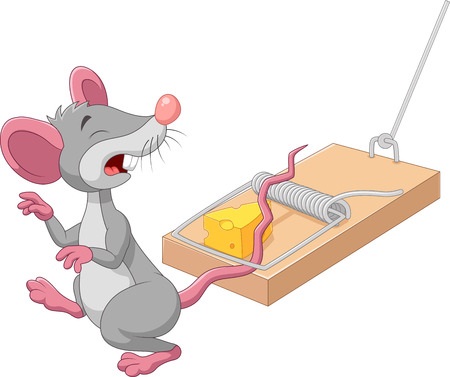People often suggest relaxation to help deal with stress and while I recommend that too, I also know that there’s more to it than that. We have to go deeper within ourselves to truly get to the beliefs and thoughts that drive our stress.
Our stress can be caused by thoughts of anxiety. Anxiety is a thought which leads to a feeling that something bad will happen – you’ll fail or lose or get:
*Insulted
*Rejected
*Harmed
*Cheated
*Betrayed
*Depressed
Thoughts and feelings of anxiety can increase what you experience as stress.
It’s the way we deal with this anxiety that increases or decreases our levels of stress.
When we blame, deny, or avoid dealing with something, we intensify our stress.
- Denial prolongs and intensified stress.
- Blame strengthens stress and turns it into health-destroying resentment.
The Best Way to INCREASE Your Stress is to–
Blame Others and become Resentful towards them.
Resentment occurs when “whatever” is going wrong is perceived as someone’s fault.
Justified or not, resentment keeps us focused on damage and injury, rather than solutions and healing.
As long as we continue to focus on the “wrongs” and who’s responsible for them, we stay stuck in stress. We need to focus on “Solutions” to move out of stress.
How often during the day are you feeling resentful?
Resentment typically looks like:
- impatience
- agitation
- annoyance
- irritability
- sarcasm
- frustration
We spend more time in low-grade resentment all day than we probably realize.
Think about it—how often do you:
feel annoyed? Irritable? Or frustrated?
Resentment magnifies stress and it drains your energy.
The report you need to write takes longer, consumes more energy, and has more errors, if…
-
“It should have been assigned to someone else!”
“This is taking so long……”
“It’s not fair that I have so much work to do….”
“I just don’t have the patience to get this done….”
You might enjoy taking your kids to the soccer game, if…
-
“Your spouse would take their turn once in awhile….”
“It wasn’t so unfair that you have the bulk of household chores….”
Traffic jams are horribly stressful when you focus on what you cannot control. Resentful people focus on how things should be different:
- How the highway should have been designed,
- How the traffic lights are not properly synchronized, and
- How wrong everyone else drives.
Resentment/Stress Test
Is your stress magnified by resentment? Write down the five things that cause the most stress in your life.
1.
2.
3.
4.
5.
Now take a moment to imagine that all traces of resentment have been removed from your stress:
There’s no unfairness or injustice.
Everyone involved pulls their weight.
Everyone involved lives up to their responsibilities.
You have all the help, understanding, appreciation, consideration, praise, reward, respect, and affection you desire.
Take a few moments to enjoy an imaginary world without resentment.
When there’s no resentment, we tend to focus on:
• Improving
• Learning
• Appreciating more in life
• Connecting to others
• Protecting those we love
All of the above lower stress and, help us to create more feelings of “fairness” in the world.
Warning:
Change in Other People’s Behavior Won’t Alter Your Resentment
Resentment is like a habit and it becomes a part of who you are.
You start to head down the resentment road quite frequently—it’s becomes your habitual route. It helps you feel self-righteous.
In order to “let go” of resentment, you have to clean it out within yourself. You can’t just wait for other people to change. It’s an inside job that has to be resolved within you.
Sometimes it’s not so easy to just “let go” of resentments but you also need to crowd them out by doing the opposite.
You recondition resentment by forming new habits of improving, appreciating, connecting and protecting.
Each time you start to feel resentment arising in you and you want to blame and criticize someone or something, practice appreciation, practice improving love and connection inside of you vs criticism and resentment.



